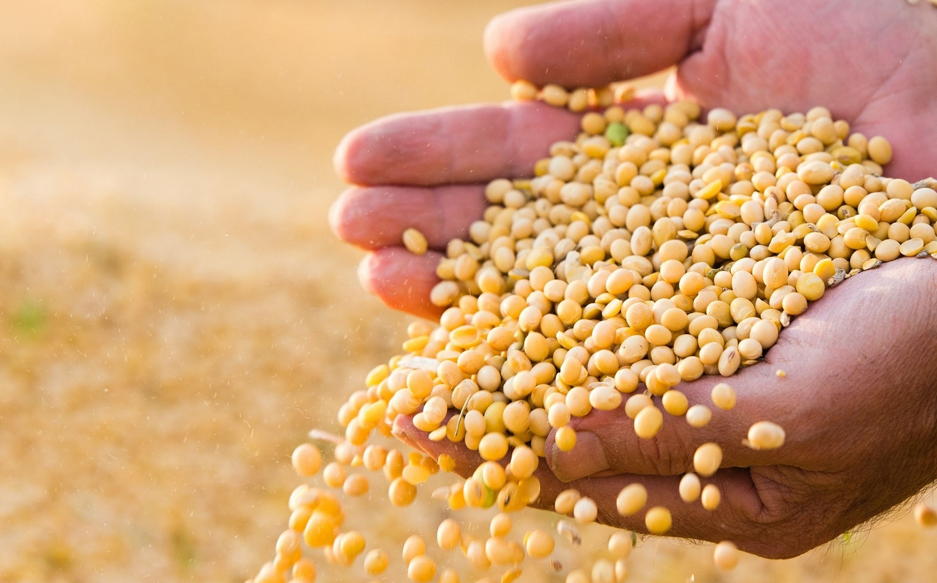
Exhibition time: 17-19 March, 2026 Shanghai, China
 中文
中文

Exhibition time: 17-19 March, 2026 Shanghai, China
 中文
中文

Acidic soils, characterized by low pH and poor phosphorus availability, pose significant challenges to leguminous plant growth and productivity. Traditional methods to improve soil phosphorus involve chemical fertilization, which can have environmental drawbacks.
Mycorrhizal fungi offer a promising alternative by enhancing nutrient uptake and soil health. Based on these challenges, there is a need to conduct in-depth research on sustainable agricultural practices that leverage microbial inoculants to improve crop productivity.
Researchers from Nanjing Agricultural University have delved into the effects of arbuscular mycorrhizal fungi (AMF) inoculation versus traditional phosphorus fertilization on soybean growth. Their findings were published in Horticulture Research on March 2, 2024.
The study compared the effects of AMF inoculation and P-fertilization on soybean growth, focusing on plant biomass and the composition of the rhizosphere microbiome. Results showed that the biomass of higher P-efficiency soybean PT6 increased by 46.74%–65.22% with AMF inoculation, whereas P-fertilization alone did not significantly enhance growth.
The PT6 variety demonstrated a growth advantage in acidic soils when inoculated with AMF, highlighting the symbiotic relationship between the plant and fungi. The analysis revealed that AMF inoculation altered the microbial community composition in the soybean rhizosphere, enriching beneficial nitrogen-fixing and phosphate-solubilizing bacteria.
These microbial changes were correlated with improved nutrient uptake and plant growth. Additionally, the study found that AMF inoculation increased the abundance of beneficial fungi, which further supported plant health and productivity.
Dr. Guihua Lu, a lead researcher in the study, stated, "Our findings demonstrate the significant potential of AMF in enhancing soybean growth in phosphorus-deficient acidic soils. This sustainable approach not only improves plant productivity but also contributes to soil health, offering a viable alternative to traditional fertilization methods."
The implications of this study are far-reaching for sustainable agriculture. The use of AMF inoculation in acidic soils can significantly enhance soybean growth and productivity, reducing the need for chemical fertilizers. This approach promotes environmental sustainability by improving soil health and reducing agricultural runoff.
Future research could expand the application of microbial inoculants to other crops and soil types, further supporting the development of sustainable farming practices that leverage natural plant-microbe interactions for improved agricultural outcomes.
From:AgNews